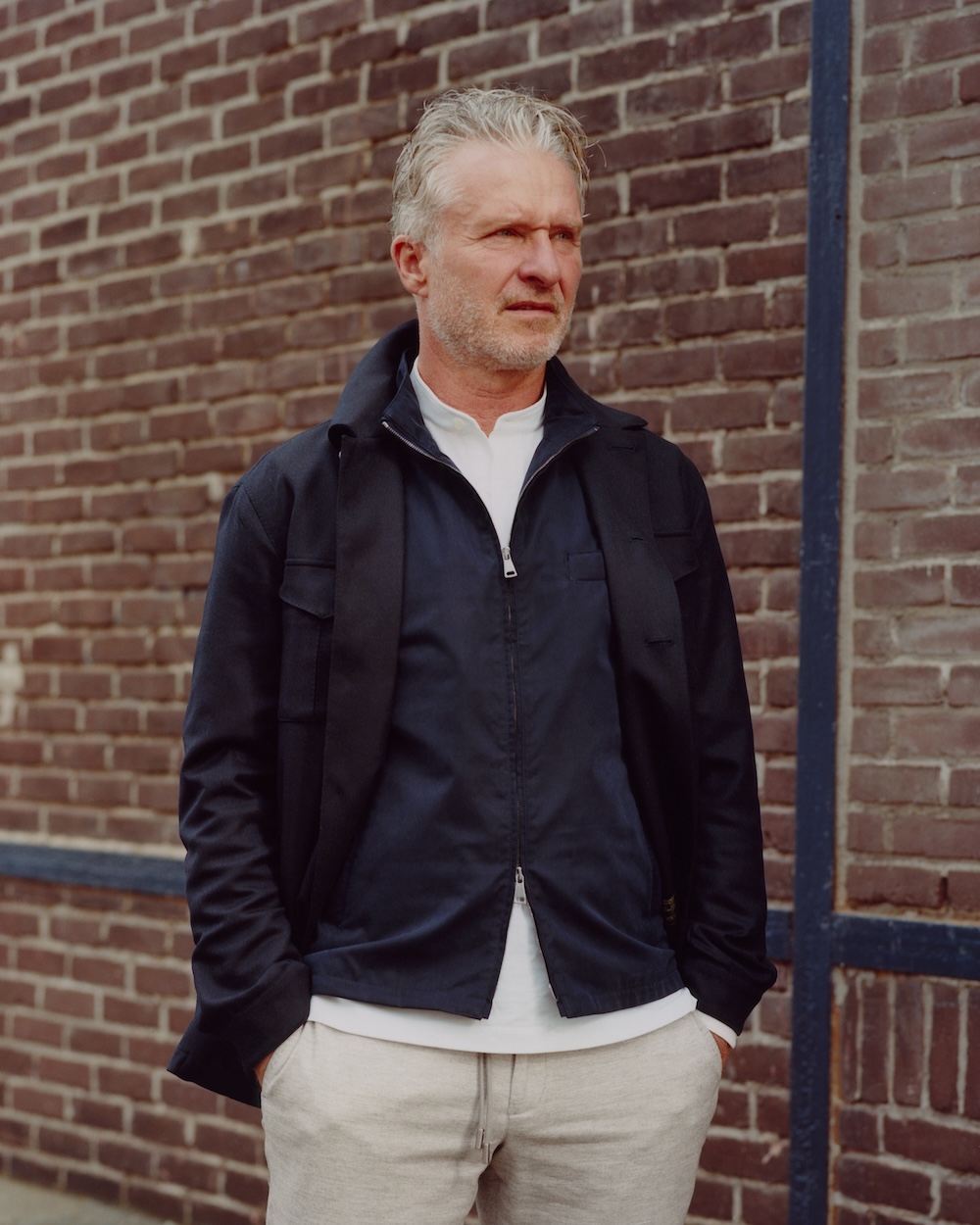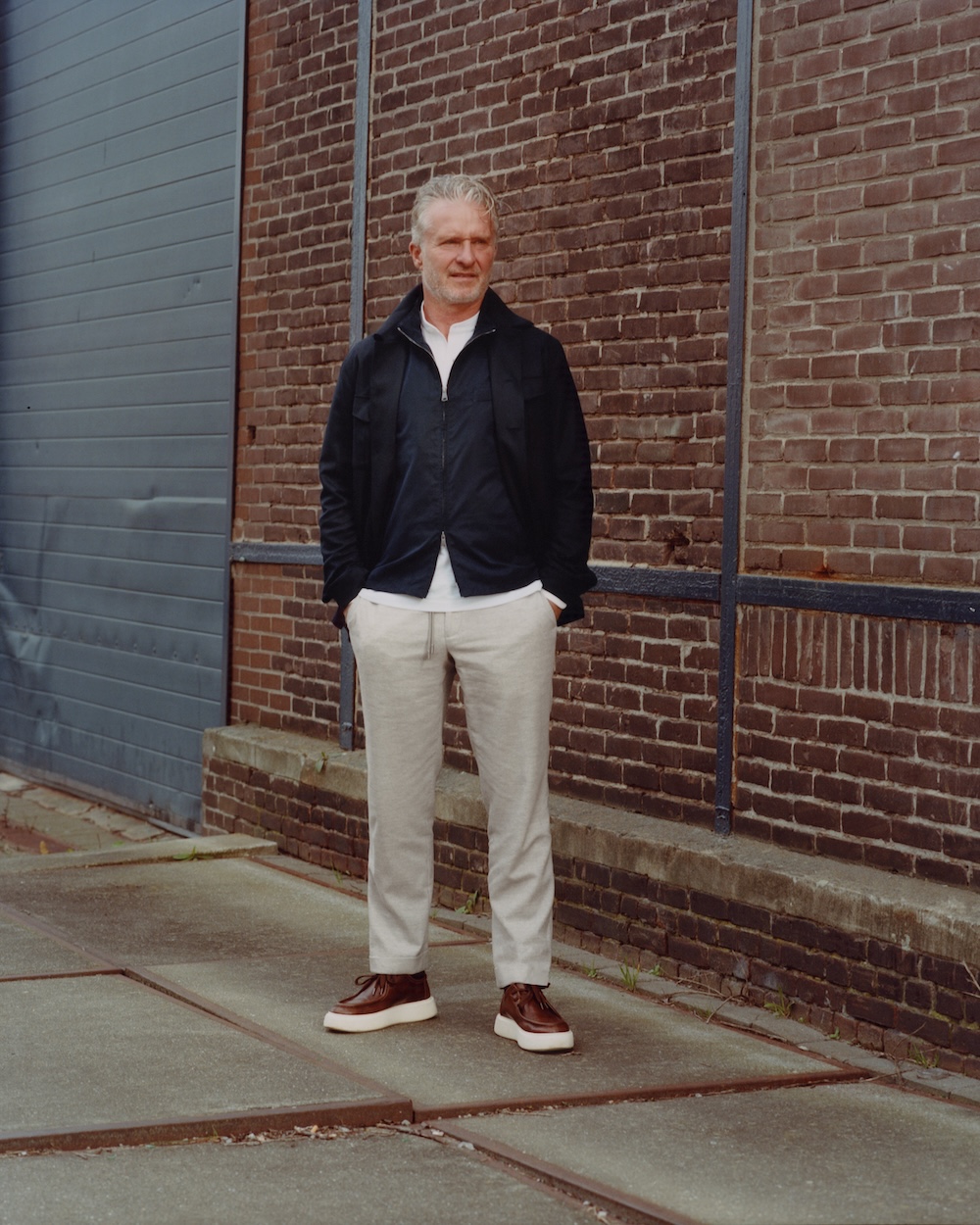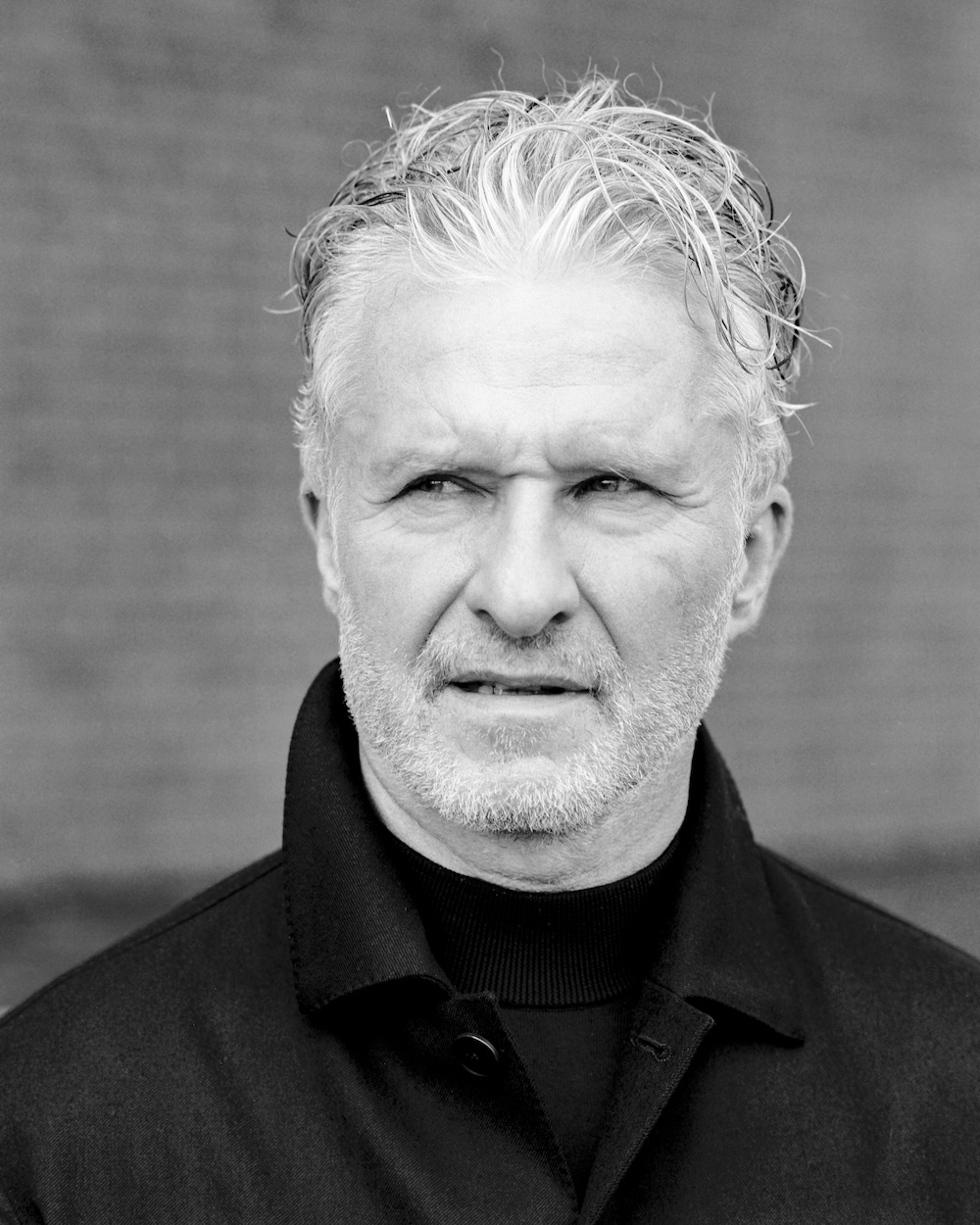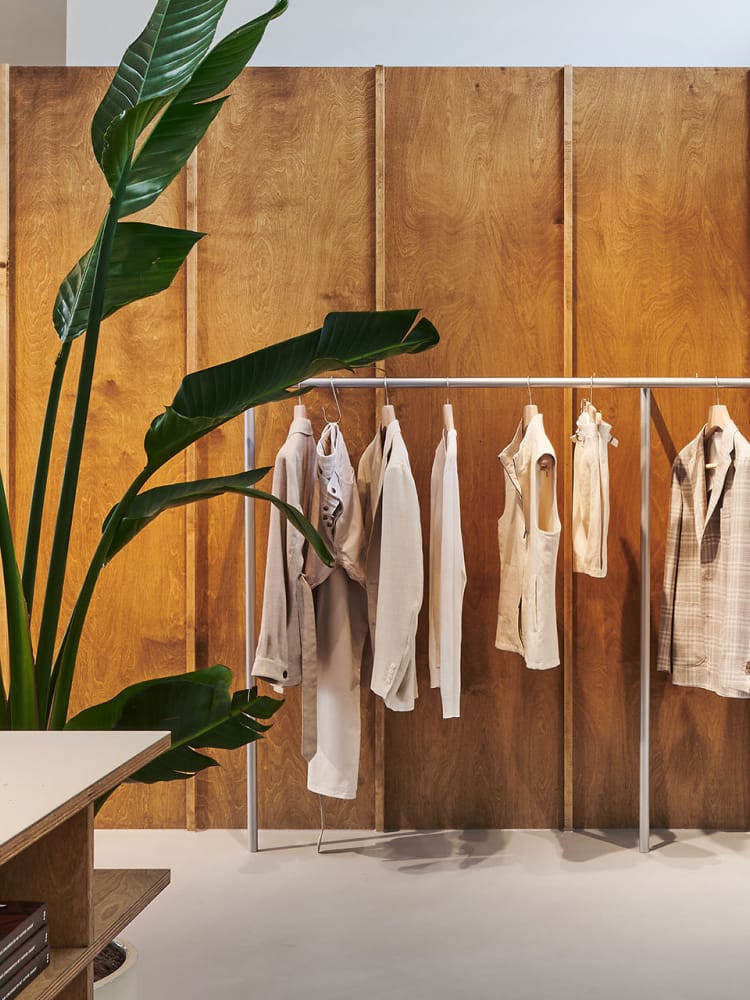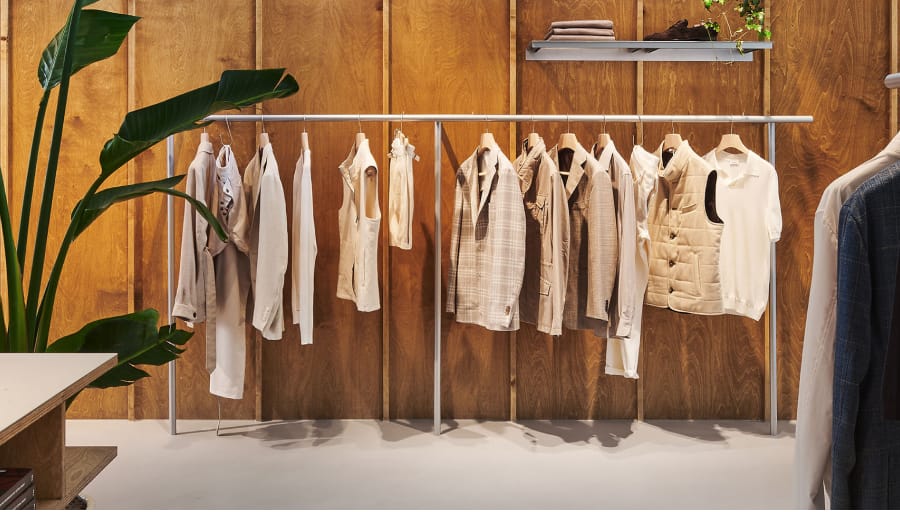-
Because it fits you better in every sense. Working with an advisor, you’ll be able to curate your clothing. It will be crafted to your body, your individual taste, and the things you care about. It means you’ll always look your best and feel your best.
- Read more
What we do
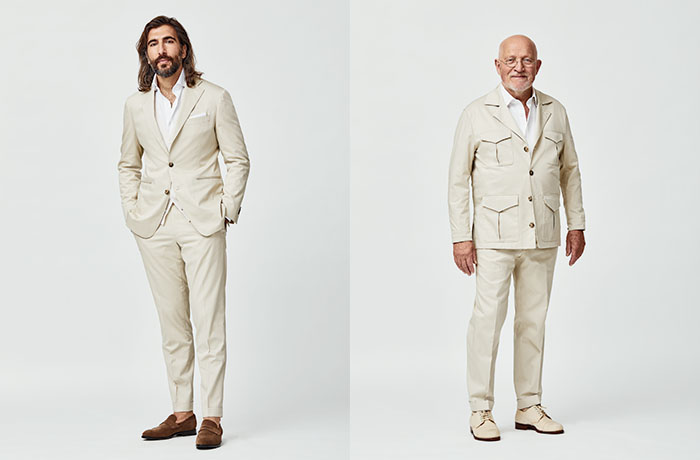
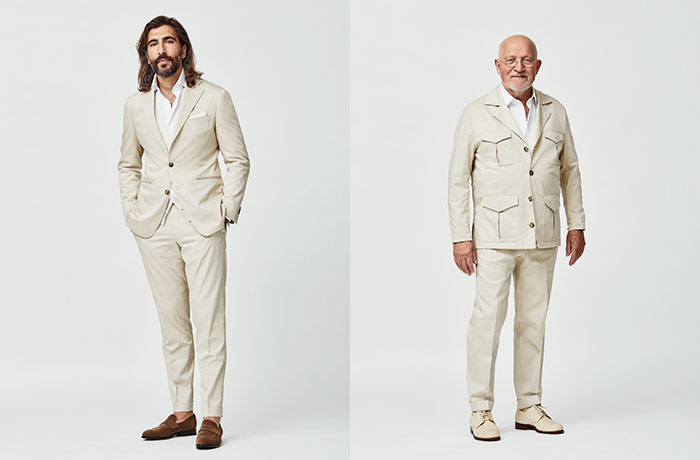
Why made-to-measure clothing?
- Because it fits you better in every sense. Working with an advisor, you’ll be able to curate your clothing. It will be crafted to your body, your individual taste, and the things you care about. It means you’ll always look your best and feel your best.
- Read more
Individuals
- Some things are better captured in image. Individuals is an experiment in self-expression. An ever-expanding group of diverse men, each given one fabric and creative license. See what they created.
- Read more
Traditions
- Welcome to our space for sharing all things tailoring and craftsmanship with our community. An archive of sorts for the knowledge we’ve collected over the years.
- Read more


Get Inspired
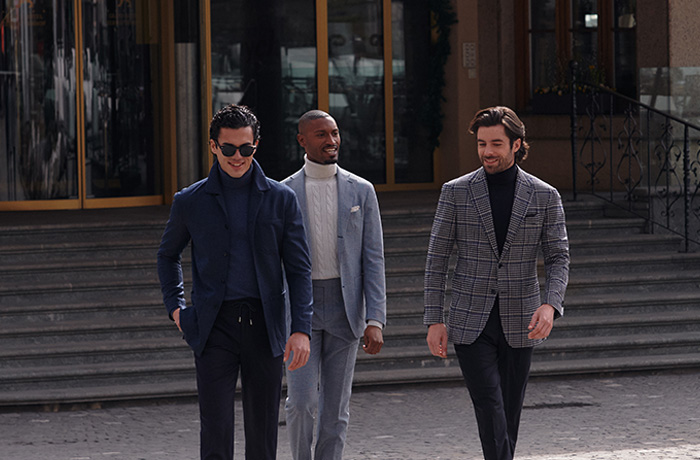
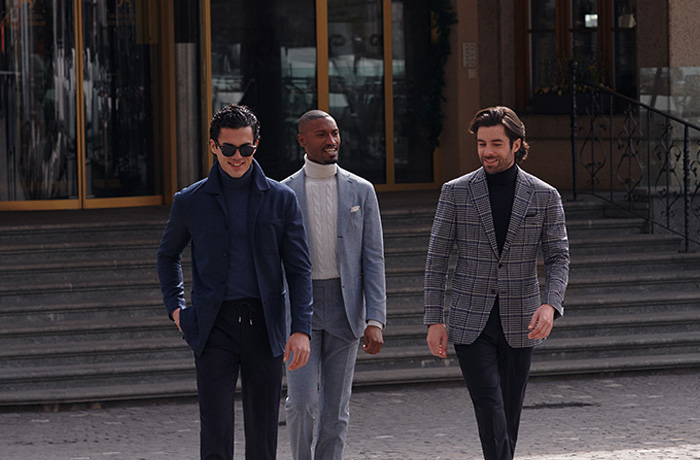
Community
- A snapshot of some of the great people creating key pieces with us.
- Discover more

Elevated layering
Wrap up in our made-to-measure signature collection for Fall/Winter ’24, inspired by the iconic village of Zermatt in the Swiss Alps.

Elevated layering
Wrap up in our made-to-measure signature collection for Fall/Winter ’24, inspired by the iconic village of Zermatt in the Swiss Alps.
Shop
Fall & Winter '24
- This season explores luxury layers to wrap up in from fall and winter. From hyper-flexible comfort staples and cozy knitwear to formal statement pieces for cold days.
- View seasonal looks
Accessories
Wedding
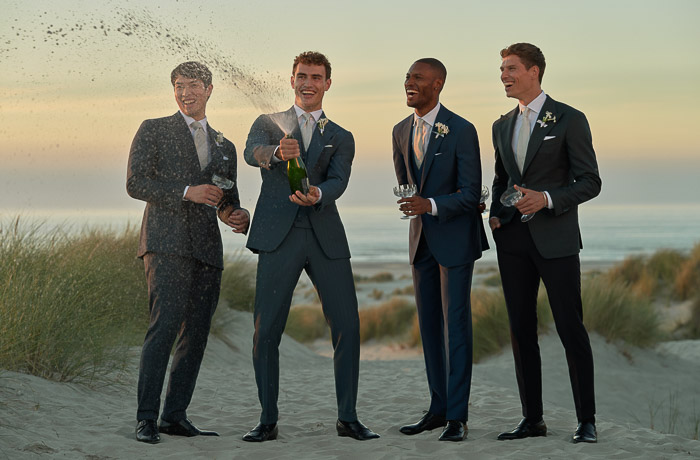
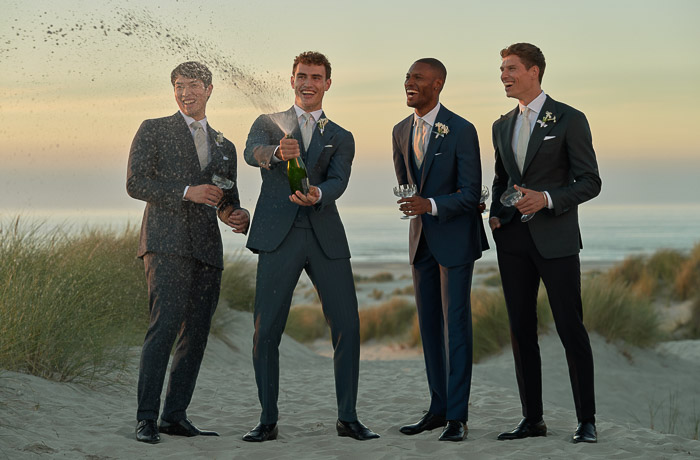
Get wedding ready
- Whatever you have planned, we can help. Learn more about how it works and find inspiration from other real grooms.
- Discover more
Wedding looks
- Wether you’re the groom or a guest, explore some of our favourite looks to discover the one for you
- Discover more


-
What we do
-
Why made-to-measure clothing?
-
Individuals
-
Some things are better captured in image. Individuals is an experiment in self-expression. An ever-expanding group of diverse men, each given one fabric and creative license. See what they created.
- Read more
-
-
Traditions
-
Welcome to our space for sharing all things tailoring and craftsmanship with our community. An archive of sorts for the knowledge we’ve collected over the years.
- Read more
-
-
Why made-to-measure clothing?
-
Get Inspired
- Highlights
- Portraits
-
Community
-
A snapshot of some of the great people creating key pieces with us.
- Discover more
-
-
Shop
-
Fall & Winter '24
-
This season explores luxury layers to wrap up in from fall and winter. From hyper-flexible comfort staples and cozy knitwear to formal statement pieces for cold days.
- View seasonal looks
-
- Clothing
- Shoes
- Accessories
-
Fall & Winter '24
-
Wedding
-
Get wedding ready
-
Whatever you have planned, we can help. Learn more about how it works and find inspiration from other real grooms.
- Discover more
-
-
Wedding looks
-
Wether you’re the groom or a guest, explore some of our favourite looks to discover the one for you
- Discover more
-
-
Get wedding ready
- Become a client
- Find a store
-
